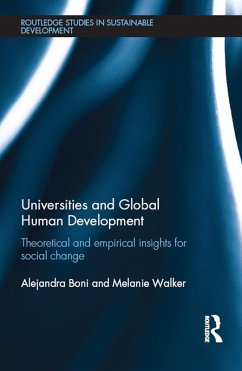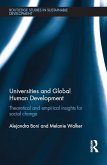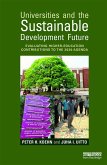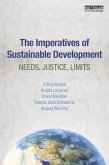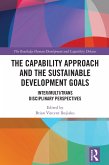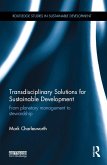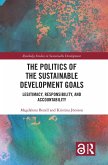Dieser Download kann aus rechtlichen Gründen nur mit Rechnungsadresse in A, B, BG, CY, CZ, D, DK, EW, E, FIN, F, GR, HR, H, IRL, I, LT, L, LR, M, NL, PL, P, R, S, SLO, SK ausgeliefert werden.
"Social and economic change that benefits only elites, while other people's well-being and choices stagnate, is not the kind of 'development' that is worth having. Nor is it only development ethicists like me who think that better is possible. The call for better development has become widespread. Universities and Global Development answers with a distinctive call for better education. Other books show how education contributes to development. This one shows how education that contributes to better development is better education. Melanie Walker and Alejandra Boni have given us a well-researched framework with which we can all set new standards for our universities, world-wide." - Jay Drydyk, Carleton University, Canada
"The authors of this book advocate for a multidimensional approach to the university oriented to social change [...]The book explores how a human and sustainable development approach can be applied to higher education, specifically participation and citizenship, how to address diversity, the relation between local and global, and the idea of equitable partnerships." - IAU Horizons
"This collection is quite useful to anyone trying to make sense of poverty trends in Asia, aswell as globally. The clearest answer provided to the question of the subtitle may be "it depends on how you define and measure poverty." Context-dependent poverty lines may reveal more poverty than the IPL, and the extent of the current "non-poor" in danger of falling into poverty is significant; more so when future effects of climate change are considered. An examination of nutritional measures reveals the limits of relying on an exclusively monetary view, and gaps between ethnic groups reveal that many may be left behind. Ultimately, the evidence presented suggests that a sophisticated approach to measuring and defining poverty leads one to conclude that "incomplete achievements" is the appropriate answer." - Aurora Lopez-Fogues, Journal of Human Development and Capabilities

